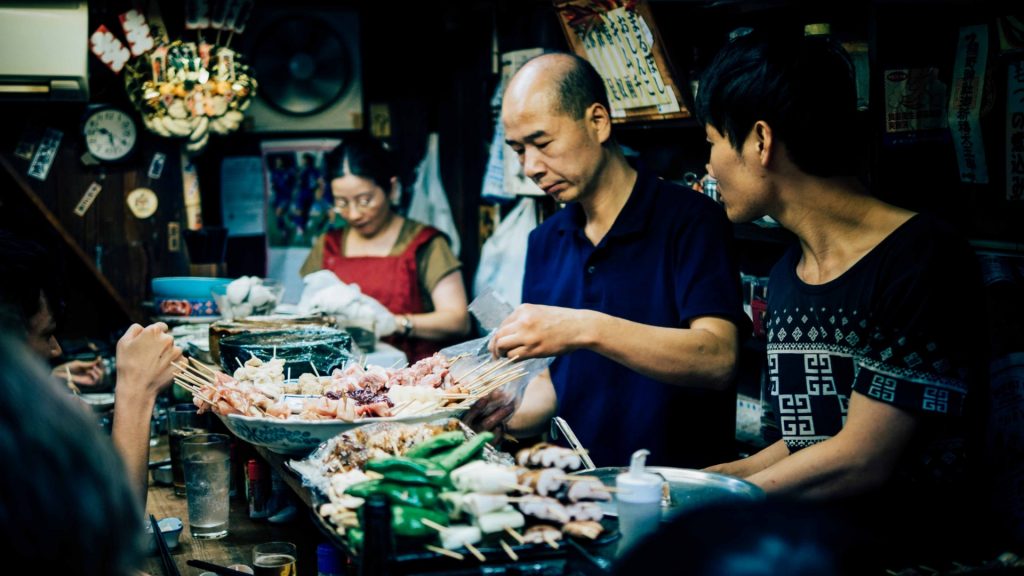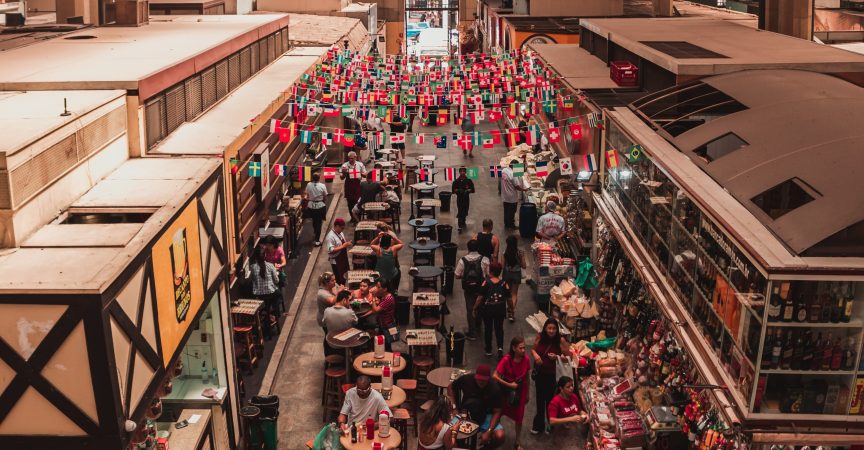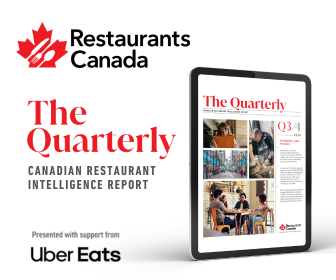Food Tourism is Gaining Traction: Canadians Are Flying for Food
There’s a growing number of Canadians that are interested in experiencing diverse cuisine and cultures as part of their travel motivations. According to a recent survey conducted by KAYAK and OpenTable, Canadians are 38 per cent more likely than Americans to book a trip based on culinary offerings. The survey also revealed that when travelling, almost three quarters (74 per cent) of Canadians would prefer authentic local dining to something familiar.
Dining out is a major part of travel, especially in major urban centres with thriving restaurant culture. The concept of culinary tourism has evolved into food tourism and has gained broad awareness.
“Restaurant reservations come first; flights second,” says Myra White, a Toronto executive. “My friends and I will pick a destination we’re interested in and set about making reservations before we book our flights. Research and dining reservations are really the biggest part of the planning process. We’re generally less concerned about flights because it’s much easier to book a flight than it is to get a reservation at a restaurant we’re interested in.”
KAYAK and OpenTable’s survey, commissioned through YouGov, explores the way travel and dining intersect and revealed that the appetite for culinary adventure among Canadians is very strong, with 22 per cent claiming they would book a vacation solely to dine at a restaurant they wanted to try.
Additional key takeaways from the survey include:

Good food is worth the road trip
A lengthy drive is no obstacle for Canadians, with 71 per cent claiming they would travel an hour or more to eat at a restaurant on their wish list. Many also noted that they have taken a long detour (27 per cent) or a day trip (33 per cent) just to dine at a restaurant they wanted to try.
Food is top of mind for Canadians when making travel plans
Twenty-eight per cent of Canadians will research restaurants in another country before booking their flights, and 10 per cent will book a reservation before booking their travel.
Try these 4 tips to attract tourists:
- Highlight locally-sourced ingredients: food tourists likely want to understand the agriculture of the area.
- Celebrate culinary creativity: tourists are usually looking to try new flavours and experience interesting cuisine.
- Connect with concierges: the concierge is the first person that hotel guests often ask for a dining recommendation.
- WiFi: tourists are usually more likely to visit a restaurant if they offer free WiFi.

Canadians have adventurous palates
Embracing the expression “when in Rome, do as the Romans do,” 74 per cent of Canadians claim they would prefer to try something new and local rather than food they are familiar with revealing that they are keen to experience new cultures through cuisine.
According to OpenTable data from March 2017 to February 2018, in Montreal, more than 30 per cent of OpenTable seated diners were travelers from other regions. These guests are researching their options and making dining part of their travel experience.
The tourist-diner is a major component of restaurant dining because they are more likely to dine out and consider the experience extraordinary simply because they are in a new city. In fact, a recent International Travel Survey by Momondo revealed that a majority (60 per cent of Canadians and 67 per cent of Americans) are willing to pay more to eat out when on holiday, as compared to when they are at home, making these guests important audiences for any restaurant.
Domestic travel within Canada has been steadily increasing over the past few years while international tourism to Canada achieved a record high of 21.1 million international visitors last year, according to the federal government. Seventy-five per cent of those travelers visited the largest provinces (Ontario, British Columbia and Quebec), and most go to their biggest cities — Toronto, Vancouver and Montreal — which are all known for their vibrant dining scenes.
According to a Momondo survey from January 2019, more Canadian respondents said that while on holiday, they would cut back on accommodations or shopping than respondents who said they would cut back on meals and snacks. A direct connection to travelers through a reservation platform is an effective way for restaurants to position themselves directly to this audience of diners, especially since 34 per cent of survey respondents dine out every day while on holiday.
Restaurants using OpenTable are seating so many tourists because when OpenTable users travel, they look to the platform and app for restaurant ratings, reviews and reservations.









